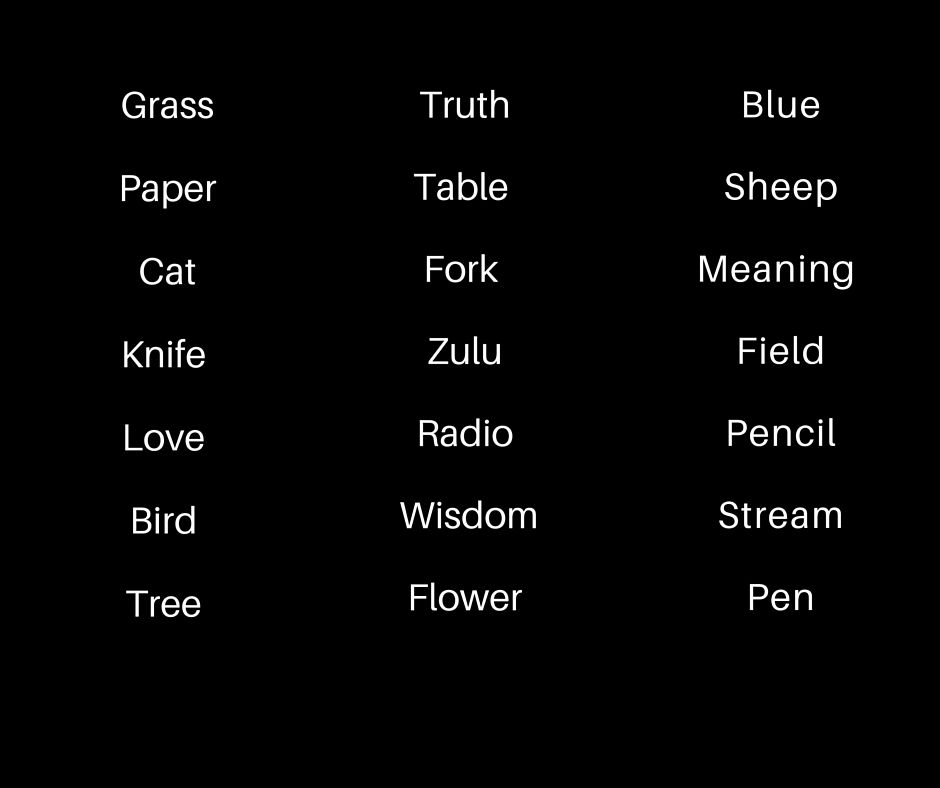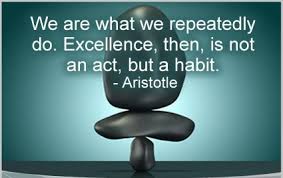Regular practice is key. Set aside dedicated time each day for language learning activities, even if it’s just 15-30 minutes. Practice the language in everyday situations – shopping, ordering food, asking for directions – just like children learn by using language in real-life contexts. Be curious and playful with your language. Be curious about the language and culture associated with it. Explore idioms, cultural nuances, and expressions. Approach learning with a playful mindset. Experiment with the language, make mistakes, and enjoy the process of discovery.
Stay patient and be persistent. Language learning takes time. Embrace the journey and be patient with yourself, just like children are patient as they learn their first language. Keep going, even when faced with challenges or setbacks. Consistent effort will lead to gradual improvement.
By approaching language learning in a child-like manner – through immersion, natural practice, curiosity, and playfulness – you can make the learning process more enjoyable and effective. Remember, the goal is not perfection but communication and connection with others using the language.

















 RSS Feed
RSS Feed

